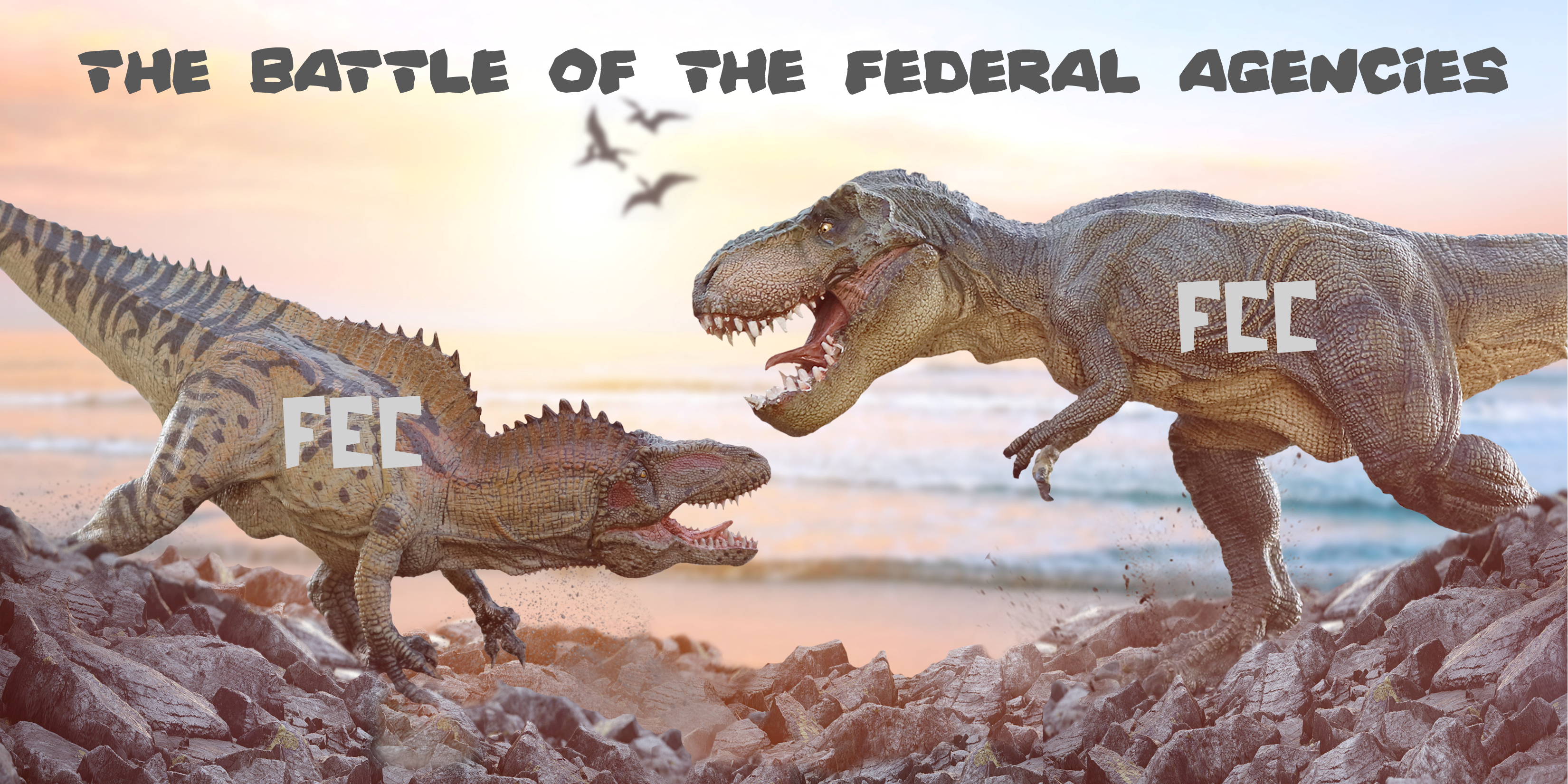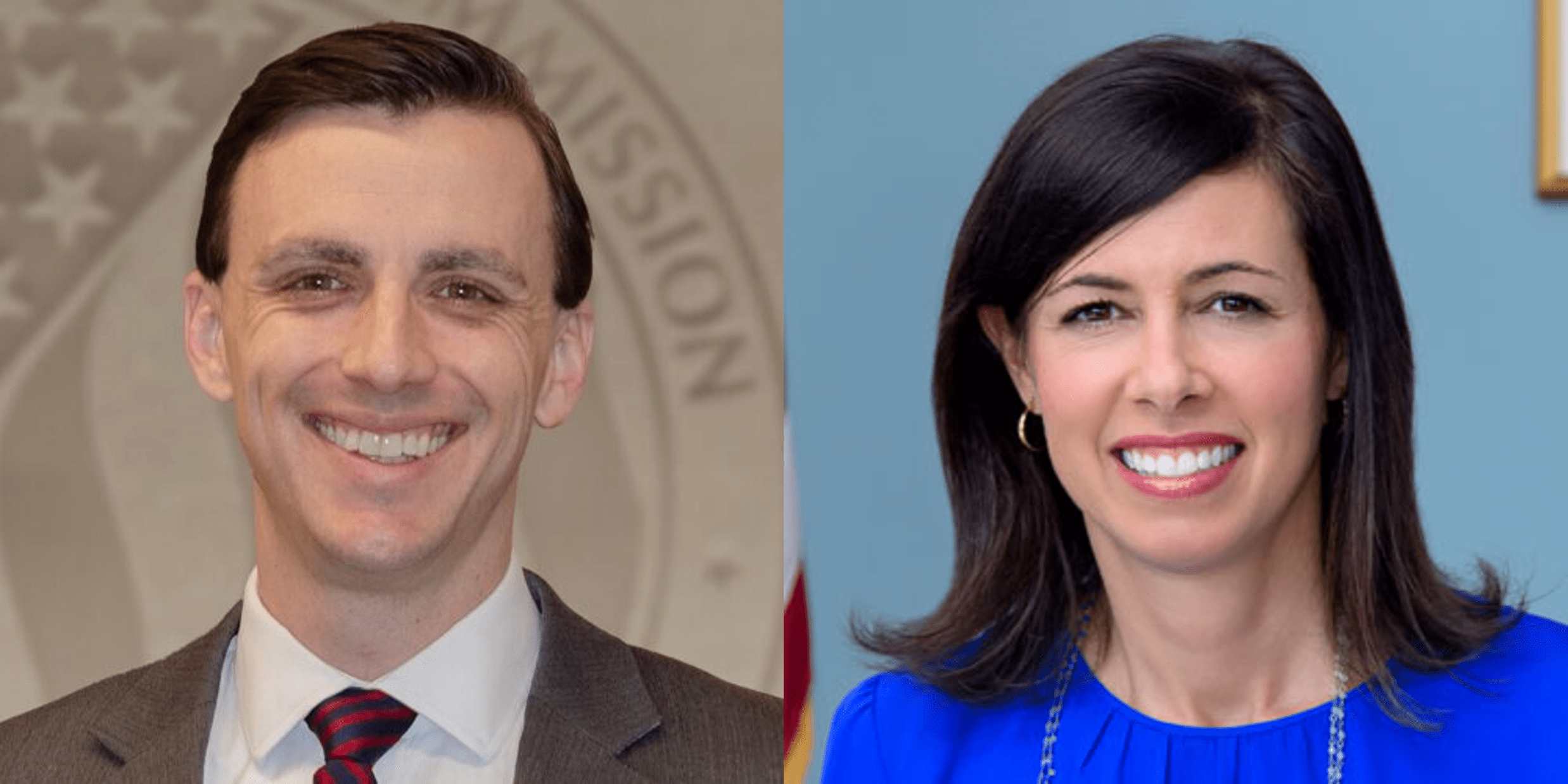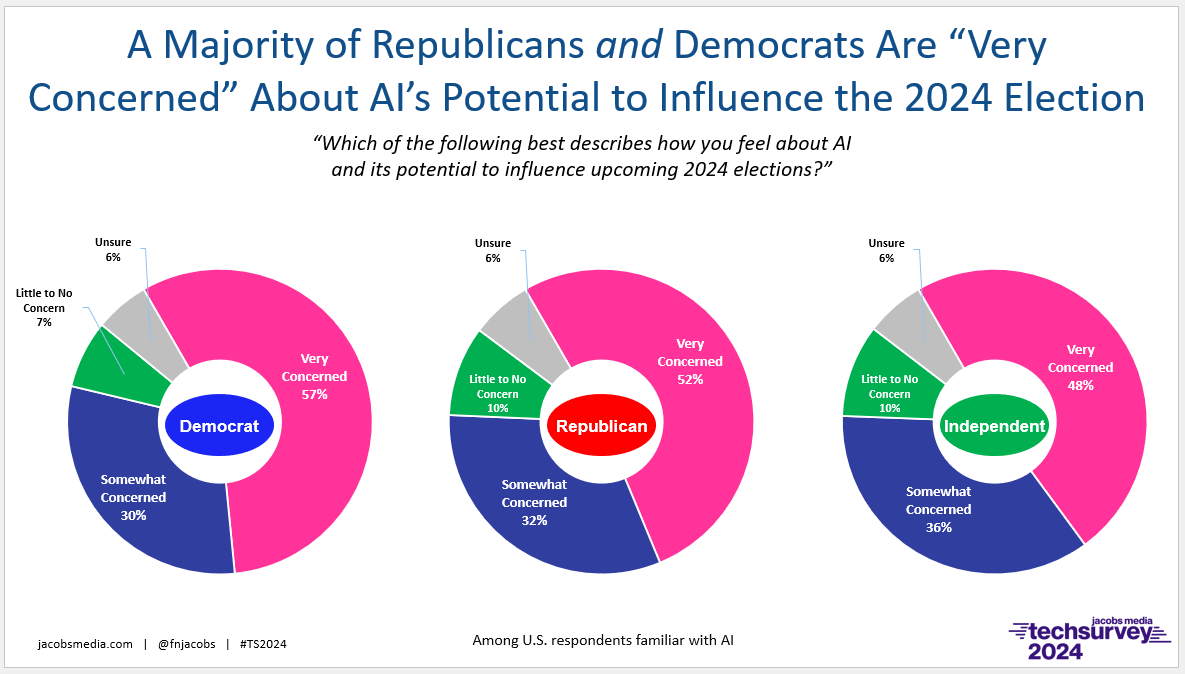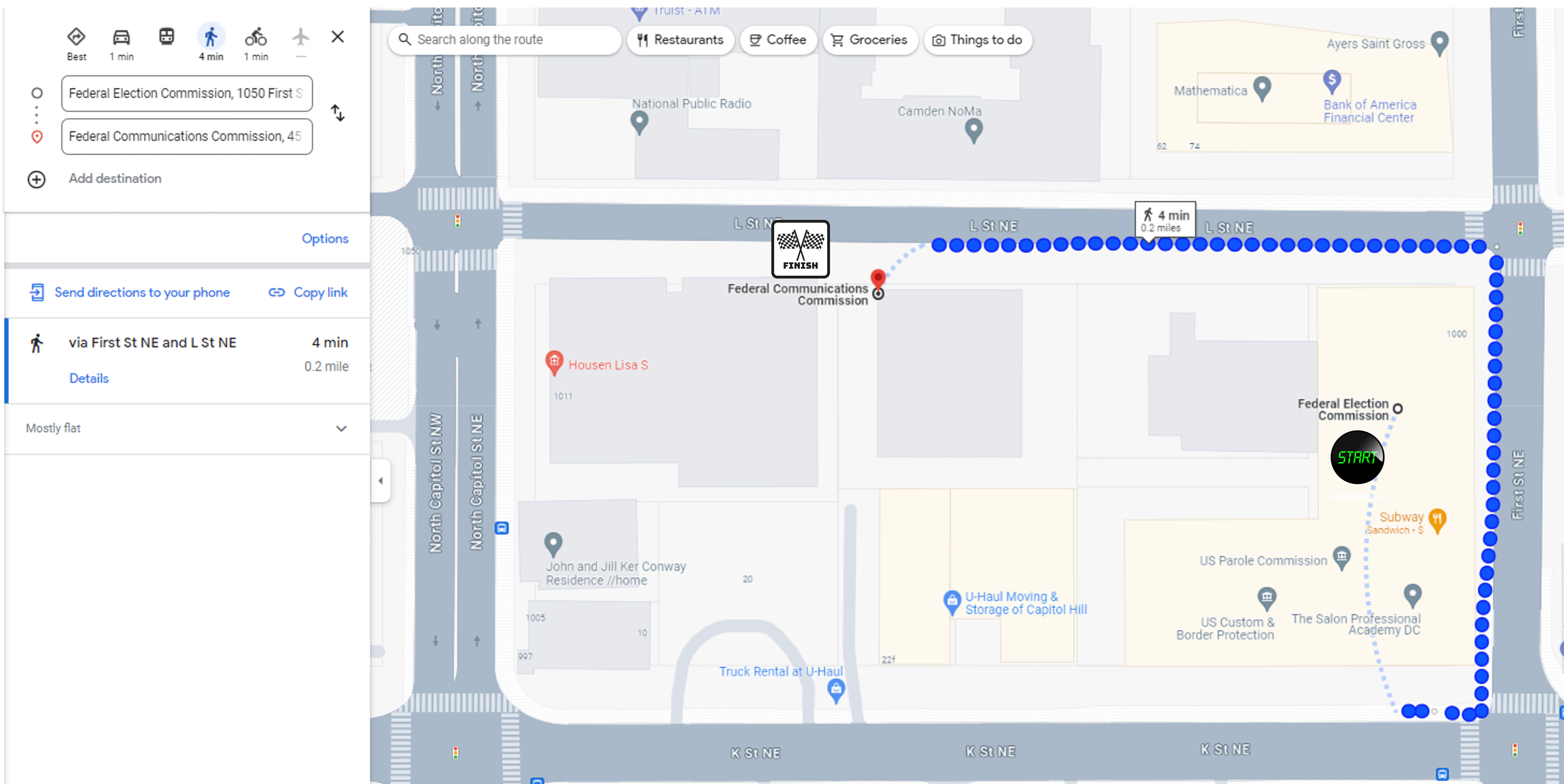
Anytime there’s some sort of crisis in government, you can almost bet that a root cause or a mitigating factor always tends to be agency infighting, poor communication, and partisan politics. Those factors led to changes after 9/11 as it became obvious to Congressional investigators the FBI and CIA consistently failed to share their proprietary information. And similar dustups occurred during COVID, particularly between the federal government, health organizations, and state agencies.
Often the root causes revolve around sprawling bureaucracies and rampant inefficiencies. But in other cases, politics rears its ugly head, exposing selfishness, agendas, and good old passive aggressiveness. And it appears all those factors are on display right now in our nation’s capitol.
Now, at this point, you may be wondering about both relevance and what on earth this means to you. And on both counts, I can assure you that not only is radio under the hot lights on this, but the outcome of our already overheated presidential election could rest in the balance.
Now that I have your attention, I can tell you this political saga came to a head with the lead story in yesterday’s Radio Ink update. The headline was a grabber:
FEC Chair: FCC’s Political AI Disclosure Rule Will ‘Sow Chaos”
The basic thread of the story is that Federal Election Commission Chairman Sean Cooksey is pushing back against a proposal from FCC commish Jennifer Rosenworcel advocating for new regulation on AI in political radio ads.

Last month, she floated the idea of legislation requiring political operatives to disclose when their ads on radio, TV, and cable (all under the FCC umbrella) are making use of AI technology. That story was originally covered by Inside Radio.
The FEC’s Cooksey would have none of that, and pulled no punches in what Radio Ink referred to as “a detailed letter” back to Rosenworcel, taking on all of her points that support regulation that might affect election ads running prior to November 5.
Due to the tight time frame, Cooksey is convinced nothing can get passed in time to have the desired effect, explaining he is “deeply troubled that you (Rosenworcel) reportedly hope to have the regulations in place before the election.”
He questioned whether her proposal is even in the FCC’s purview, foreshadowing the potential for conflict between the two agencies. Cooksey also noted his team is already considering rules about AI and political ads, and expressed concern the FCC’s proposed actions would lead to confusion and chaos. In other words, Cooksey is saying to Rosenworcel, “Butt out! This is our turf.”
And finally, Cooksey worries broadcasters confused or unqualified to identify AI “deepfakes” and other techie tricks might end up carrying less ads as a result of this additional burden.
We have yet to hear a response from chairwoman Rosenworcel, but you can bet one is coming.
So, it comes down to this: The FCC wants to get something done in time before the election, while the FEC would rather table it to after the election.
Stalemate. And of course, it’s political.
The backstory on these two bureaucrats is that they’re on opposite ends of the ideological spectrum. Rosenworcel is a Democrat who served for Senators John D. (Jay) Rockefeller IV (D-WV) and Daniel Inouye (D-HI) before being appointed by Barack Obama to the FCC in 2012. Cooksey is a Republican who worked for Senators Josh Hawley (R-KS) and Ted Cruz (R-TX). He was appointed as FEC commissioner by Donald Trump in 2019.
Beyond their political backgrounds, however, the fact remains each of these agencies has something to say about the looming crisis over AI’s use in election advertising. The question is whether they can work with each other, or at least co-exist.
And you’ll be interested to know that regardless of political party, Americans – yes, especially core radio listeners – are very concerned about AI’s potential to impact the results of this election – regardless of their “redness” or “blueness.” (Interestingly, Independents appear to be somewhat less bothered by the technology’s possible effect on this all-important political contest.)

Despite the fact these politically affiliated radio listeners actually agree about something, asking two government agencies to get together to prevent AI from tainting the results of this election is asking a lot, given the current climate in D.C. – and in the entire country.
And yet, even AI execs fear the inevitable impact of the technology in the political arena. It’s like we can see the iceberg in the water, realizing the inevitability that between now and November, we’re doomed to hit it, maybe head-on.
And this situation is far from theoretical. You might remember that a year ago, the Republican National Committee released what may be the first AI produced ad:
If only Cooksey and Rosenworcel could get along. Of course, you wonder if the two have even met each other. After all, the Federal Government’s personnel infrastructure is enormous.
So out of curiosity, I mapped the locations of the FCC and the FEC. And wouldn’t you know it – the two buildings are virtually on top of each other. Hoping to broker a meeting, I got walking directions between the two headquarters from Google Maps. They’re a mere four minutes/.2 miles apart. Surely, there’s a Starbucks in the area.
It might be easy for some of you to take either government leader to task, but the fact is, this is an extremely challenging dilemma for even those who run the biggest AI companies to face. You may feel a certain sympathy or affinity to Cooksey or Rosenworcel, but we can’t ignore the rampant, unpredictable power of AI. If anyone tells you they’re an expert in the space, run the other way. The environment is fluid and some brilliant minds are hard at work to make the most out of AI or to use it for clandestine purposes.
With just five months before Election Day, it would be convenient to take Rosenworcel’s suggestion for political organizations and PACs to come clean about using AI in their ad campaigns. But what if they don’t? Is that the responsibility of radio stations (and TV/cable outlets), most of which aren’t qualified nor do they have the time to scrutinize each and every spot that ends up on the log. They can barely do remotes.
But Cooksey throwing in the towel on any regulation happening for November 5 seems like a convenient attempt to look the other way, while bad actors attempt to influence the most important election any of us have experienced. We saw what kicking the can down the road did for social media regulation in D.C. By the time Congress got around to addressing the situation, the damage was already done. Everyone agrees voters were manipulated by “fake news” and other propaganda in the social space. But no one has the solutions to stop if from continuing to happen.
us have experienced. We saw what kicking the can down the road did for social media regulation in D.C. By the time Congress got around to addressing the situation, the damage was already done. Everyone agrees voters were manipulated by “fake news” and other propaganda in the social space. But no one has the solutions to stop if from continuing to happen.
So, no finger pointing from me on this one, because there may not be any easy or viable solutions. But a constructive conversation couldn’t hurt. It would certainly be a better tactic that firing memos back and forth to one another, hoping to gain the upper hand in what may ultimately be a no-win solution.
And there aren’t two agencies better suited than the Federal Elections Commission and the Federal Communications Commission to take it on. Now that would be a public service.
A cup of coffee and a Danish would be a good place to start. The first cup’s on me.
- The New Pope Was Selected Faster Than Most Radio Organizations Hire New CEOs - May 12, 2025
- What If Radio Tried Something Right Out Of Left Field? - May 9, 2025
- Why Radio PDs Are A Lot Like NBA Coaches - May 8, 2025




The FCC should require ALL AI-generated content to be labelled as such. Why restrict it to just political? Consumers have a right to know.
Brian, disclosure isn’t a solution, but it’s a start.
This is a serious problem. Broadcasters can’t be expected to sus out AI content, that should be the advertiser’s responsibility and yes they should have to disclose it. Otherwise, deep fakes created and purchased by the opposition could carry the day for any candidate. If that happens, things will be out of control.
No simple solutions here, Bob. See David Oxenford’s comment/my response. AI has serious and deep implications, and while easy answers may not exist, the people in power have to aaddress the complexities and impplications. It’s their jobs.
Fred:
While it certainly does seem unseemly for two federal government agencies to be at loggerheads, the dispute does highlight some serious issues. The FCC’s proposals, and the indications that the Chairwoman wants to act this year, seem like a reaction that “we’ve got to do something,” that your comments seem to buy into. While there is no doubt a problem, it is not one that is easy to address as we’ve found dealing with so many broadcast associations dealing with state legislatures who also want to do something, but are not sure just what. The inclination is to make broadcasters the ones to police content for AI use, but as I wrote on my blog a few weeks ago, there is no technical, simple way for a broadcaster to do that especially in a timely way in the middle of a hotly contested election season. Plus, with AI being used in so many technologies now, when to “take action” is not always clear. Does enhancing sound in a radio spot or color balancing in a TV spot materially distort reality – sometimes but not always – both can be done though AI – and which should be regulated? And why regulate AI deepfakes, and not regulate the same fakes made through old-fashioned editing? It simply is not an easy area lending itself to easy regulation – and thinking that something can be done in the next three or four months to comprehensively address the issue seems a bit far-fetched.
David, your take on this is appreciated. And I agree with most of your points, as do the chief executives at the companies most resposible for this technology. Ad you articulately point out, it’s complicated, as is monitooring the billions of social media posts created each day.
I concur with you that broadcasters cannot do the “policing” for the reasons you state – and then some.
So once again, it falls on the agencies I talk about in my post. It’s their jobs to address this issue, and while the lines of responsibility are blurred, yet another reason to work together. Since I wrote this post and you wrote this coment, Commissioneer Rosenworcel responded to Chairman Cooksey, strssing the need for the two entities and their leaders to work together, rather than call each other out.
Ad disclosure may not be THE solution, but isn’t a start?
And while five months doesn’t seem like a long time, if the two agencies don’t work together, five years won’t be sufficient time